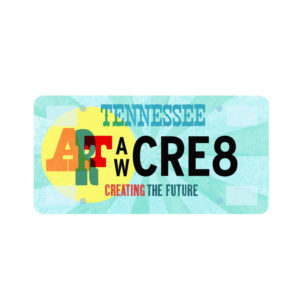
Exhibitions
THE SPIRIT OF MAN: CURATING FROM THE COLLECTION WITH PAUL POLYCARPOU
Hiram Van Gordon Gallery (Tennessee State University) / 3500 John A. Merritt Blvd. October 9, 2017 - November 20, 2017
The Spirit of Man features Paul Polycarpou selecting works from Tennessee State University Department of Art's permanent collection, including work from Art Eubanks, Samuel Dunson, Michael McBride, Greg Ridley, and more.
"We are all made up of three parts: spirit, soul and body. The spirit of man, also called the spirit of life or the breath of life..." (Genesis 2:7)
Artists turn to paper or canvas to address the questions of man and spirit, its existence and what it might look like or its intrinsic need to thrive, to breath. Artists bring their own truths to being human, their own spirit, manifesting through brush, pen or available surface.
"The Spirit in man, which is the highest manifestation of his Soul, is a drop in the ocean of Spirit, apparently separate and distinct, but yet really in touch with the ocean itself, and with every other drop in it. As man unfolds in spiritual consciousness he becomes more and more aware of his relation to the Universal Spirit, or Universal Mind as some term it." (Science of Breath, Yogi Ramacharaka)
When humans look to nature, they can begin to see that which is bigger than their egos. The spirit of man can look different through each singular person’s eyes: a fire, words, a field, tradition, myth, or tribe. Paul Polycarpou pulls from the collection work that embodies the exploration of man's life-force, tying thirteen plus pieces together dating from the mid 60's to present. A large round metal repousse by Greg Ridley, a King and Queen from Art Eubanks's innovative mind, and a woodcut by Michael McBride portraying southern field life all come together to tell a story about The Spirit of Man from the collection.
"The Universal Mind ...the only difference between the subconscious and the Universal is one of degree. They differ only as a drop of water differs from the ocean. They are the same in kind and quality, the difference is one of degree only." (New Thought, Charles Haanel)

